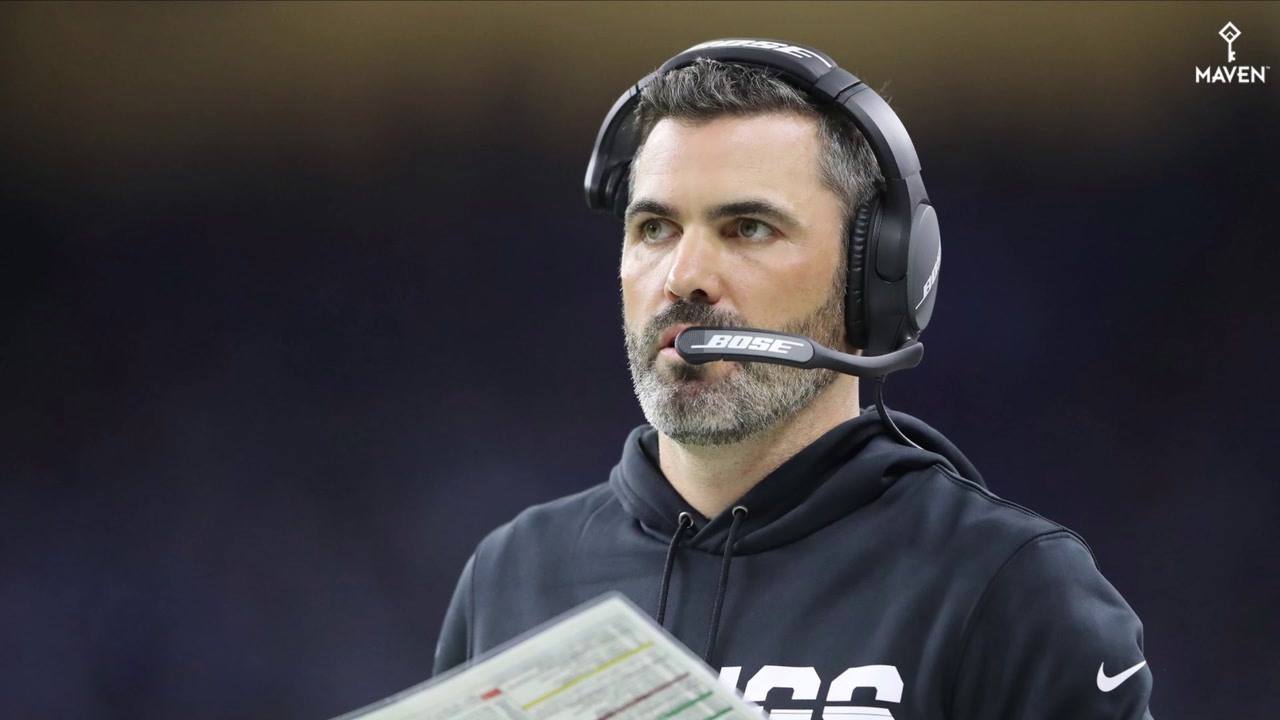Pete Smith
In the wake of hiring Kevin Stefanski as the head coach of the Cleveland Browns, there's been a bunch of excellent reporting delving into the process that went into the hire as well some of the details that are going to come as a result. One of the areas that has been mentioned is the notion of Paul DePodesta's analytics department being involved in game planning, which is to say the coaching staff will be providing them with game plans.
https://twitter.com/DustinFox37/status/1216510921947914240As mentioned by Dustin Fox of 92.3 The Fan, the coaching staff would provide game plans to the analytics department and have some meetings with them before games. This is not only smart, but should be expected from a team that is worth over $1 billion that is trying to compete each and every week, because other teams are already doing it.
While this is being interpreted as micromanagement, it's actually an incredibly supportive role that just becomes an extension of the coaching staff and only helps them as well as players become more prepared before as well as during the game.
A coach provide the analytics department a gameplan. That department then provides relevant data to help both the coaches and players, going along with their film work. For example, if the Browns are planning to use a specific personnel group on offense, the analytics department is going to provide them with as much information as possible as it relates to what the defense has shown up to that point.
Defenses are lining up certain ways, depending on down and distance, their likelihood to blitz, where they tend to blitz, what type of coverages they are likely to run, their specific tendency for dealing with a primary receiver, so on and so forth. They would also provide some self scouting information such as how often they are successful in that personnel group, which formations they've experienced the most success and particular plays or players that have excelled.
They aren't telling the coaching staff what to do, but are simply giving them data, so when they are deciding, they are able to make an informed decision, assuming they choose to use it. Being less reliant on a gut instinct and feeling more confident in decisions because there's information saying it's a prudent decision is beneficial and improves time management.
The meetings that would happen before the game would largely be for the analytics department to make sure they have all the relevant data the coaching staff wants. In other words, at no point in the game are they caught flat footed, unable to provide desired information to a coach. This is no different from what coaches meetings discuss before games; making sure they have everything covered, so they can be prepared during the game. The analytics department is simply a support staff that is trying to anticipate the needs of the coaching staff, so they can focus entirely on beating the opponent rather than searching for information.
During a game, Kevin Stefanski will have access to his coaches through his headset, but he also effectively has access to the internet and a team of people willing to get him whatever he wants at a moment's notice. While coaches are talking to the offense on the sideline, the analytics department is gathering information that's relevant for what they are discussing in the moment as well as information for the next drive.
An effective analytics department during the game acts effectively as a coaching staff's personal assistant. They take care of some of the tasks the coach doesn't want to do during the game, so they can focus on on the critical decisions they were hired to make. At times, the data going to be a factor at all, but there are times when that extra set of eyes and hands specifically geared to make the coach's job easier are going to make a huge difference.
Any number of successful teams do this, but the Baltimore Ravens and Philadelphia Eagles are quite public about their willingness to embrace data in games. They are operating on the cutting edge while anyone who isn't embracing this type of data is at a disadvantage. The fact the Browns weren't doing this before is what should be of concern. They are coming at this and adapting late, which given their results for the past few decades, shouldn't come as a surprise.
